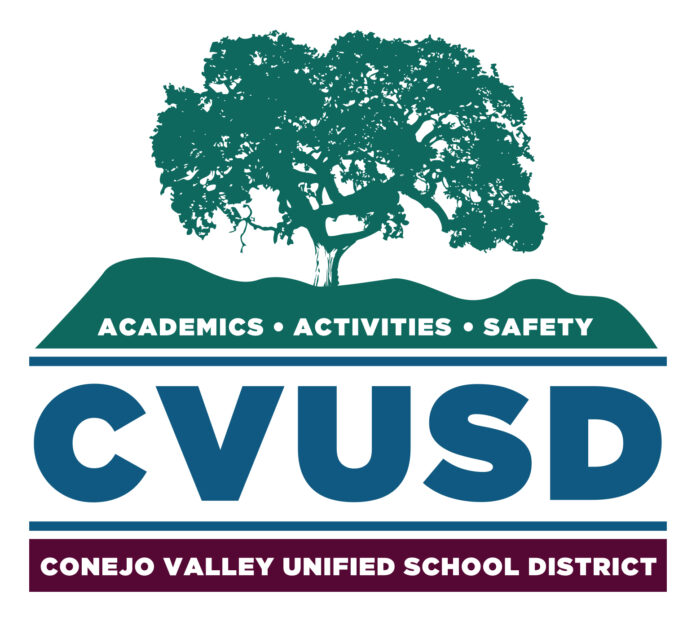Shawna Ashmore, human resources director for the Conejo Valley Unified School District, proposed new Board policy to address inappropriate adult conduct with students. She said, “HR is the first line of defense in student safety.” The term “employee” has been removed in favor of “adult,” acknowledging the number of non-staff that are on campus each day, including volunteers and construction crews.
The Board spent time discussing Items #5 (social media) and #8 (overfamiliarity). Ashmore was directed to clarify social media use. As for terms of endearment, they’re never allowed, she said.
“We don’t want to take the human factor out of our work with students, but we also want to establish clear boundaries with students,” Ashmore explained.
Proposed Board Policy 4119.24, 4219.24 and 4319.24 would be amended to read:
Inappropriate Conduct
Examples of conduct that can undermine professional adult-student interactions or create the appearance of impropriety include, but are not limited to:
1. Touching a student in a manner that is not in keeping with what is professionally required and accepted with the scope of your duties
2. Being alone with a student outside of the view of others
3. Visiting a student’s home or inviting a student to visit the employee’s home without parent/guardian consent
4. Maintaining personal contact with a student that has no legitimate educational purpose, by phone, letter, electronic communications, or other means, without including the student’s parent/guardian or the principal
When communicating by email with students, employees shall use a district computer and their district email address. Employees shall not communicate with students through any medium that is designed to eliminate records of the communications. The Superintendent or designee may monitor employee usage of district technology at any time without advance notice or consent.
5. Creating or participating in social networking sites for communication with students, other than those created by the district, without the prior written approval of the principal or designee
6. Inviting or accepting requests from students, or former students who are minors, to connect on personal social networking sites (e.g., “friending” or “following” on social media), unless the site is dedicated to school business
7. Singling out a particular student for personal attention and friendship, including giving gifts and/or nicknames to individual students
8. Addressing a student in an overly familiar manner, such as by using a term of endearment
9. Socializing or spending time with students outside of school-sponsored events, except as participants in community activities
10. Sending or accompanying students on personal errands unrelated to any legitimate educational purpose
11. Transporting a student in a personal vehicle without prior authorization
12. Disclosing personal, family, or other private matters to students or sharing personal secrets with students
13. Dating, courting, or entering into or attempting to form a romantic or sexual relationship with any student regardless of the student’s age
14. Kissing of any kind
15. Taking a student out of class without a legitimate educational purpose
16. Showing sexually explicit videos, photographs, images, or other content to a student
17. Unauthorized photographing and/or videoing students outside of district-sponsored activities or events.

